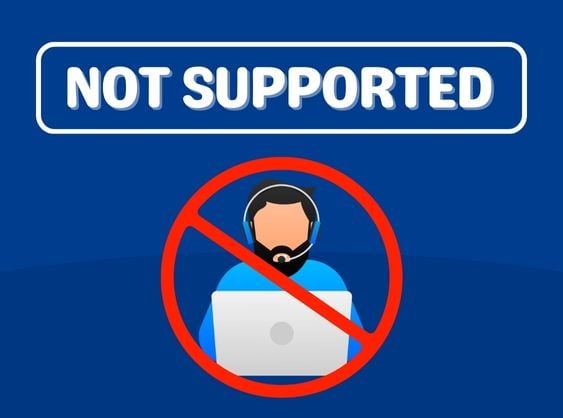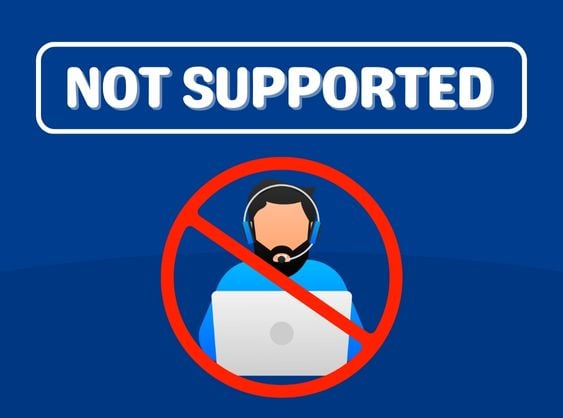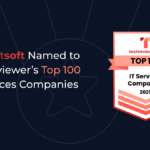If you are still running on old technology, such as Windows Server 2008 or 2012, your business is at risk.
In the fast-paced world of technology, staying up to date is not just a matter of convenience but a critical necessity. One area that often gets overlooked is server infrastructure, particularly those running on Microsoft Windows Server 2008 or 2012. In this blog post, we will explore the dangers and risks associated with using outdated servers and emphasize the importance of upgrading to newer, more secure options.
1. Security Vulnerabilities

Running servers on outdated operating systems exposes businesses to significant security risks. Microsoft Server 2008 and 2012 are no longer receiving regular security updates, making them easy targets for cyber threats. Upgrading ensures that your server infrastructure is equipped with the latest security patches, protecting sensitive data from potential breaches.
2. End of Support
One of the most compelling reasons to upgrade is the end of support for Microsoft Server 2008 and 2012. Without regular updates and support from Microsoft, your servers become more susceptible to bugs, glitches, and compatibility issues. Upgrading to a supported server version guarantees ongoing support, reducing the likelihood of downtime due to unforeseen problems.
3. Performance Enhancements

Technology evolves rapidly, and newer server versions are optimized for better performance. Upgrading allows businesses to leverage the latest features, improvements, and optimizations that can enhance overall server performance. This, in turn, contributes to increased efficiency and productivity for your organization.
4. Compliance Requirements

Many industries have specific compliance standards that must be adhered to. Using outdated server software may lead to non-compliance, exposing your business to legal and regulatory issues. Upgrading ensures that your server infrastructure aligns with the latest industry standards, keeping your organization in good standing.
5. Compatibility with Modern Software
As software applications advance, they often require a more recent server environment to function optimally. Using outdated servers may limit your ability to run the latest software, hindering your organization’s capacity to adopt innovative solutions. Upgrading ensures compatibility with modern applications and technology, keeping your business competitive.
6. Data Integrity and Backup

Outdated servers may lack the advanced data integrity features and backup capabilities found in newer versions. Upgrading provides access to robust data protection mechanisms, reducing the risk of data loss and ensuring reliable backup solutions to safeguard critical information.
Wrapping Up

In the ever-evolving landscape of technology, the decision to upgrade your servers from Microsoft Server 2008 or 2012 is not just a matter of preference; it’s a crucial step towards maintaining a secure, efficient, and compliant IT infrastructure. The risks associated with using outdated equipment are too significant to ignore. By embracing the latest server technologies, businesses can fortify their defenses, boost performance, and stay ahead in the dynamic digital era.
As a long-standing certified Microsoft partner, DP Solutions can help modernize and support your IT infrastructure. See how we can help! 
Source link











